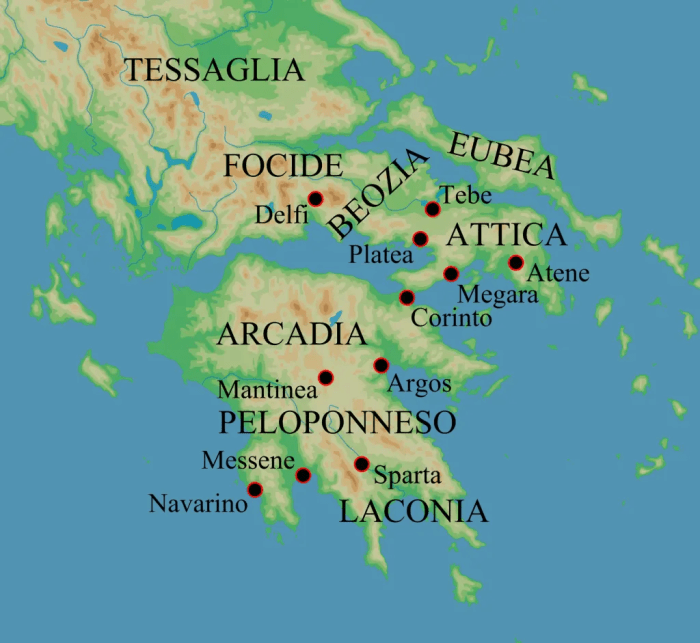The period of the Peloponnesian Wars crossword clue sets the stage for this enthralling narrative, offering readers a glimpse into a story that is rich in detail and brimming with originality from the outset. This comprehensive guide delves into the historical context, key events, and lasting impact of the Peloponnesian Wars, providing a thorough understanding for crossword puzzle solvers and history buffs alike.
The Peloponnesian Wars, a pivotal conflict in ancient Greece, spanned nearly three decades and left an enduring mark on the region’s political, social, and cultural landscape. This guide explores the causes, major battles, and key figures involved in the wars, providing a comprehensive overview that unravels the complexities of this historical event.
Peloponnesian Wars Overview: Period Of The Peloponnesian Wars Crossword Clue

The Peloponnesian Wars were a series of conflicts fought between the Peloponnesian League, led by Sparta, and the Delian League, led by Athens. The wars lasted from 431 to 404 BC and resulted in the defeat of Athens and the end of the Delian League.
The Peloponnesian Wars were caused by a number of factors, including the growing power of Athens and the fear that Sparta had of Athenian expansionism. The wars were fought on land and sea, and they saw some of the most famous battles in ancient history, including the Battle of Marathon, the Battle of Salamis, and the Battle of Plataea.
Timeline of the Peloponnesian Wars, Period of the peloponnesian wars crossword clue
| Year | Event | Location | Significance |
|---|---|---|---|
| 431 BC | Outbreak of the Peloponnesian Wars | Greece | The Peloponnesian League invades Attica, beginning the war. |
| 430 BC | Plague of Athens | Athens | A devastating plague kills thousands of Athenians, weakening the city. |
| 429 BC | Battle of Pylos | Pylos | Athenian victory that gives them control of the island of Sphacteria. |
| 427 BC | Battle of Delium | Delium | Theban victory that halts the Athenian invasion of Boeotia. |
| 425 BC | Battle of Amphipolis | Amphipolis | Spartan victory that kills the Athenian general Cleon. |
| 421 BC | Peace of Nicias | Greece | A temporary peace treaty that ends the first phase of the war. |
| 415 BC | Athenian expedition to Sicily | Sicily | A disastrous Athenian attempt to conquer Sicily that ends in defeat. |
| 405 BC | Battle of Aegospotami | Aegospotami | Spartan victory that destroys the Athenian fleet and ends the war. |
| 404 BC | Surrender of Athens | Athens | Athens surrenders to Sparta, ending the Peloponnesian Wars. |
FAQ
What were the main causes of the Peloponnesian Wars?
The Peloponnesian Wars were primarily caused by rising tensions between Athens and Sparta, the two dominant city-states in ancient Greece. Athens’ growing power and its alliance system, known as the Delian League, threatened Sparta’s traditional dominance in the Peloponnese.
What was the significance of the Battle of Marathon?
The Battle of Marathon, although not directly part of the Peloponnesian Wars, was a pivotal event that foreshadowed the conflict. In 490 BC, the Athenians defeated the invading Persian army at Marathon, demonstrating their military prowess and instilling a sense of confidence that would later serve them well during the Peloponnesian Wars.
Who were some of the key figures involved in the Peloponnesian Wars?
Prominent figures in the Peloponnesian Wars included Pericles, the Athenian statesman and general; Cleon, the populist Athenian leader; and Lysander, the Spartan admiral who played a crucial role in Sparta’s eventual victory.
What were the long-term consequences of the Peloponnesian Wars?
The Peloponnesian Wars had a profound impact on ancient Greece. The conflict weakened both Athens and Sparta, leading to the rise of Thebes and other city-states. The wars also contributed to the decline of the Greek city-state system and paved the way for the eventual Macedonian conquest.


